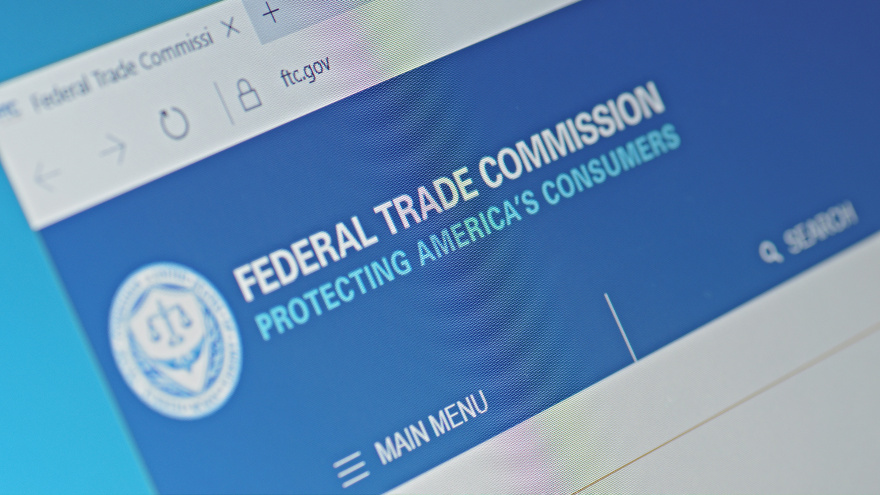6 tips from FTC when subpoena or CID arrives

By subscribing, you agree to receive communications from Auto Remarketing and our partners in accordance with our Privacy Policy. We may share your information with select partners and sponsors who may contact you about their products and services. You may unsubscribe at any time.
WASHINGTON, D.C. –
The Federal Trade Commission recently offered six recommendations to dealerships and auto finance companies that might receive subpoenas and civil investigative demands (CIDs) as part of an investigation into potential law violations
Burke Kappler, an attorney in the FTC’s Office of General Counsel, explained in a recent blog post that the regular subpoenas and CIDs are critical and used deliberately and responsibly to avoid unnecessary burdens on businesses and individuals and consistent with its obligations to enforce the law.
“These requests are legally enforceable demands, and recipients of subpoenas or CIDs need to take their obligation to comply seriously,” Kappler wrote. “We expect all companies and individuals who receive compulsory process to respond completely and in a timely manner, or to disclose quickly and candidly any obstacles to full compliance.
“We routinely work with recipients to narrow or defer requests, and generally, we have found that parties cooperate. But not everyone sees the benefits of cooperation, which can often result in delay,” Kappler continued.
In an effort to make the process go as smooth as possible, Kappler offered these suggestions, including:
— Respond promptly to FTC staff upon receipt of a subpoena or CID.
Subscribe to Auto Remarketing to stay informed and stay ahead.
By subscribing, you agree to receive communications from Auto Remarketing and our partners in accordance with our Privacy Policy. We may share your information with select partners and sponsors who may contact you about their products and services. You may unsubscribe at any time.
— Take advantage of meet-and-confer opportunities and be forthcoming about any concerns that you have about your ability to comply on time and in full. In meetings or calls, bring people who have knowledge and information about the required documents and information and the efforts necessary to produce them. Provide specific and concrete information — not just guesses.
— If you run into problems meeting deadlines, call staff immediately. Keep them apprised so they can work with you. Stay in contact. Don’t let deadlines pass without explanation.
— Understand that the FTC and its staff need to move investigations forward expeditiously. Unsupported requests for extended delays may not be granted.
— Abide by commission orders promptly. If you have filed a petition to limit or quash a CID or subpoena and the commission has ordered some form of compliance, you must do so or risk a potential enforcement action within 30 days of the commission’s deadline.
— Bear in mind that there are many other factors that affect the timing and course of an FTC investigation. Delaying compliance with a CID or subpoena in hopes that you won’t have to comply at all rarely works, and most often results in follow up from the Office of General Counsel.


